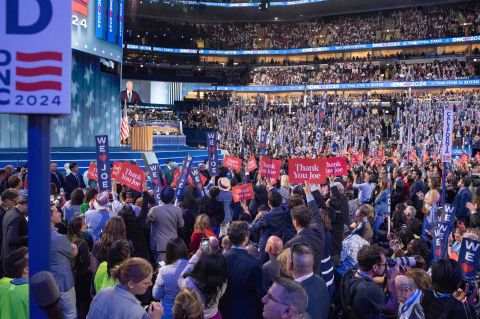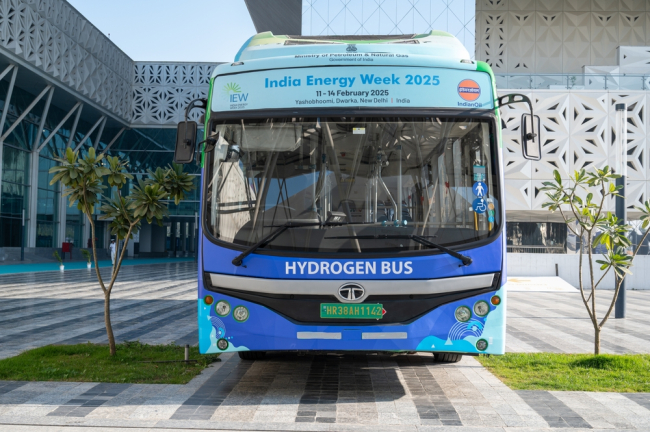German Nuclear: Green Is Good Politics

In polarized politics, the voter must take on faith the wisdom inherent in the principled political position. Who cannot be impressed by the nuclear catastrophe at Fukushima, especially after living through the fallout from Chernobyl? But is it reasonable to send the voter to the booth with only half the information? Does the German voter have any idea what it means to shut down its nuclear power in just ten years? Have German politicians made any effort to tell them?
Nuclear plants supply 25% of German electricity with virtually no carbon footprint and with a minimum exposure to foreign suppliers of nuclear fuel cycle services unlike the German vulnerability to disruptions in oil and more recently gas supplies.
German electricity consumption in a year is about 650 terawatt hours. About 160 terawatt hours were supplied by nuclear power before the 7 nuclear facilities were shut down, which with Krummel already in shutdown, removes 65 terawatt hours or about 10% of Germany’s electricity. Remember, nuclear power is only 20% of Germany’s installed capacity, but it generates 25% of their electricity.
Shutting down economically viable nuclear power plants deprives Germans of the 125 reactor years left under the 2010 agreement on license extensions and forces operators to find replacement sources of power. Writing off economically viable capacity will weaken German operators. But what are their options for the missing terawatt hours?
Wind: Germany has a robust wind energy program. German taxpayers and rate payers subsidize wind power to the tune of some €5 billion/ year. Investors in wind are guaranteed a rate of 8.2 Euro cents per kilowatt hour for 20 years on shore or 9.1 Euro cents offshore. Germany is reaching the point of destabilizing its electricity grid with too much wind and insufficient grid interconnection. Furthermore, wind is concentrated in the north and the reactor shut down means the 7.5 GWe of nuclear capacity north of Essen has been reduced to 4GWe - aggravating an already a risky imbalance.
Solar: Germany may have as much solar PV capacity installed as it had nuclear before the March 11 shut down. Unfortunately, with an average of 14 days of rainfall per month and sunshine less than 5 hours per day through the year, solar is not very efficient - solar provides just over 1.0% of electricity. Germans pay a feed in tariff of up to 49 Euro cents per kilowatt hour for solar energy. Solar is clearly not an option for Germany in replacing 65 terawatt hours, but their industrial experience has surely put German manufacturers in an enviable competitive position in world markets - as long as the German taxpayer’s investment in solar technology doesn’t get sold to a Chinese company - as has happened in wind. In which case, only the companies" shareholders will benefit from the public’s investment.
Gas: Definitely an option. Gas is already expanding to backstop Germany’s large wind program, but more gas is available from multiple sources and gas prices will become more interesting in Germany. But gas is a fossil fuel, prolonging the path to sustainability and making German CO2 reduction aspirations more difficult.
Coal: Also an option, but not one welcome by citizens. This seems an unlikely option at least until CCS is available to reduce the carbon footprint, but then the cost will weigh heavily.
Neighbors: This may be the easiest option - just like Italy. Germany has at least 6 neighbors who may be willing to sell electricity to Germany and others further afield. A recent German strategic statement suggested Germany will seek renewable sources of electricity from its neighbors - biomass, pumped storage, etc. But until such time as that green capacity is available, Germany will import others" nuclear electrons (perhaps on the assumption that those countries nuclear operators are safer than German operators) and a great deal of coal generated power from Poland or the Czech Republic.
German citizens may well be prepared to bear the consequences of an early exit from nuclear power, but politicians are not playing fair with their electorates in not revealing what those costs are.

Available in:
Regions and themes
Share
Related centers and programs
Discover our other research centers and programsFind out more
Discover all our analysesIndia’s Green Hydrogen Strategy in Action: Policy Actions, Market Insights, and Global Opportunities
India is poised to remain the world’s fastest-growing major economy, and this rapid growth is driving a sharp rise in energy demand. As the most populous country on the planet, India urgently needs to decarbonize its energy systems.
Water in Mexico: an Emergency that Will Wait
Access to water is already and will become increasingly problematic for Mexican economic actors due to the progressive scarcity of the resource resulting from climate change, a geographical distribution that does not coincide with that of the population or economic activity, and management that has so far been far too lax.
AI, Data Centers and Energy Demand: Reassessing and Exploring the Trends
The information and communication technologies sector today accounts for 9% of global electricity consumption, data centers for 1-1.3%, and artificial intelligence (AI) for less than 0.2%. The growing energy demands of cloud services first, and now AI workloads (10% of today’s data centers electricity demand), have exacerbated this trend. In the future, hyperscale data centers will gain shares amongst all kinds of data centers and AI will probably account for around 20% of data centers electricity demand by 2030.
Unlocking India’s Energy Transition: Addressing Grid Flexibility Challenges and Solutions
India is rapidly scaling up its renewable energy (RE) capacity, adding 15–20 GW annually, but the ambitious goal of 500 GW of non-fossil capacity by 2030 is at risk unless the pace accelerates.











